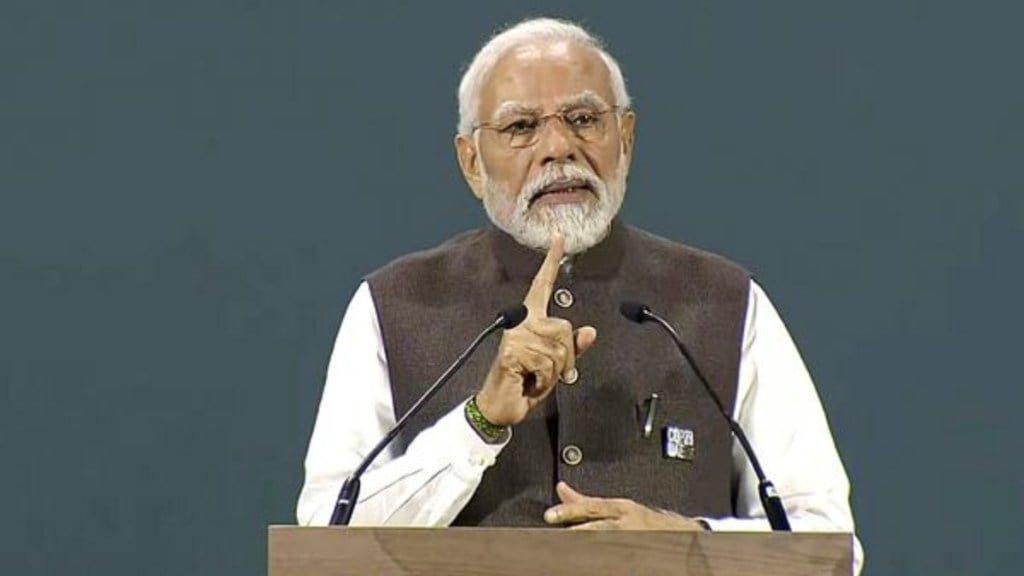Prime Minister Narendra Modi proposed hosting COP33 in India in 2028 during his speech in Dubai. Emphasising the need for technology transfer and rising above self-interest, he highlighted India’s responsible role, with less than 4% global carbon emissions despite a 17% population share. Committed to the UN Framework for Climate Change, Modi presented India as a model of development balancing ecology and economy.
At COP28, UAE President Sheikh Mohammed Bin Zayed Al Nahyan announced ALTÉRRA, a $30 billion climate fund, allocating $25 billion for climate strategies and $5 billion to attract investments in the Global South. In collaboration with global asset managers, ALTÉRRA aims to steer private markets towards climate investments, especially in emerging markets and developing economies.
Bilateral Meetings at Dubai
During bilateral meetings in Dubai, PM Modi met UN Secretary-General António Guterres, discussing India’s climate goals, sustainable development, and disaster management. Guterres appreciated India’s efforts and pledged to collaborate at the UN Summit of the Future 2024.
Another meeting with Israel’s President Herzog focused on the Israel-Hamas conflict, India’s support for a two-state solution, and the India-Middle East-Europe Economic Corridor.
Overall, PM Modi’s proposals at COP28 and diplomatic engagements in Dubai reflect India’s commitment to global climate action and diplomatic relations. The emphasis on technology transfer and fair carbon budget allocation underscores India’s responsible stance, promoting a balance between environmental concerns and economic development.
In the context of COP28, the UAE’s announcement of ALTÉRRA demonstrates a significant financial commitment to addressing climate change. The fund, established in collaboration with global asset managers, aims to mobilize investments, especially in regions with perceived higher risks. This aligns with the global call for increased funding to support climate solutions, particularly in developing economies.
Bilateral meetings further showcased India’s diplomatic efforts. The discussions with UN Secretary-General Guterres highlighted India’s role in multilateral governance, climate finance, and technology. Guterres’ appreciation of India’s initiatives and support for the Green Credit Initiative signal recognition of India’s contributions on the global stage.
The meeting with Israel’s President Herzog delved into regional conflicts and India’s stance on the Israel-Palestine issue. Expressing condolences for recent terror attacks and advocating for a two-state solution underscored India’s commitment to peaceful resolutions and humanitarian concerns.
As India positions itself as a responsible global player, the success of its G20 Presidency and the launch of the India-Middle East-Europe Economic Corridor were acknowledged by international counterparts. These diplomatic interactions reinforce India’s commitment to fostering global cooperation, addressing regional conflicts, and contributing meaningfully to climate action initiatives.
In conclusion, Prime Minister Modi’s proposals at COP28, coupled with diplomatic engagements, reflect India’s multifaceted approach to global issues. From climate action to regional conflicts, India’s emphasis on collaboration, responsible development, and diplomatic dialogue underscores its commitment to shaping a sustainable and peaceful world.

